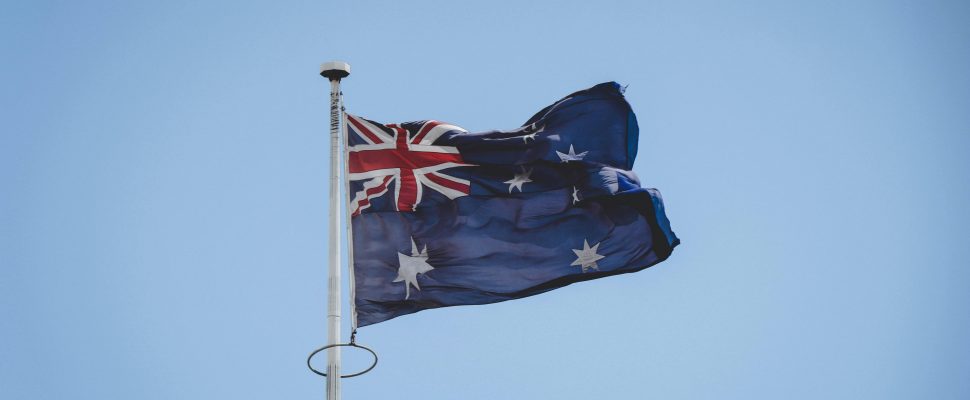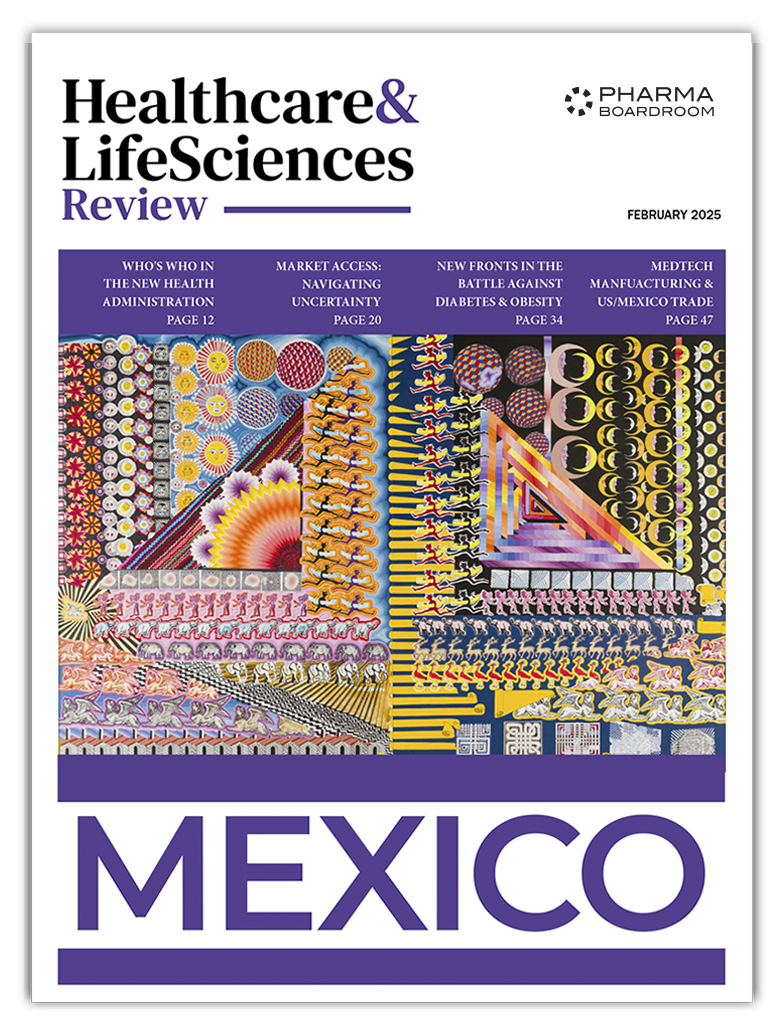Australia will shortly have its latest national election, and we are again seeing pharmaceuticals being front and centre in the campaign.
The starter’s gun has been fired for the 2025 Australian federal election, which will be held on Saturday, 3 May, just 5 days after Canada’s forthcoming national election.
Australia’s pharmaceutical system and pharmaceutical industry has been central to the local election campaign for a range of reasons. Like the previous 2022 election where the Labor government of Prime Minister, Anthony Albanese, was first elected, this year’s campaign is already shaping up as a contest over who is better placed to manage Australia’s Medicare health system and Pharmaceutical Benefits Scheme (PBS).
This contest has been happening for months. However, the debates over medicines policy have been turbocharged in recent weeks by events in Washington DC where the US Administration under Donald Trump has flirted with the idea of putting pressure on countries with government-funded medicines programs that manage health costs. This includes Australia, which has been caught up in this global debate just as it is going to national elections.
Background
Albanese’s Labor government is seeking re-election on 3 May after its first 3-year term in government, against the conservative opposition Liberal-National Coalition led by Peter Dutton. The Albanese government has been in power during one of the worst cost-of-living crises in Australia’s history, a crisis triggered by global inflation pressures. Like many of its counterparts in western democracies over the last few years, there has been a risk that the incumbent Australian government may be punished by voters for significant price rises in energy, rents, and food and relatively high interest rates.
At the time of writing, after being behind in the polls for almost a year, the Albanese government appears to be pulling slightly ahead again of the opposition with a few weeks left in the campaign. However, as in many other democracies, the big story over recent Australian elections has been the rise of independents and minor parties, such that many political observers in Australia are predicting that neither of the traditional major parties will win a majority in Parliament this year, with the prospect of a minority government. This is something that has only happened once before since the Second World War in Australia’s Westminster-style Parliament.
Health and medicines a feature of the government’s re-election campaign
Against the backdrop of a tight election campaign, the government has sought to promote its credentials in health and medicines policy, believing it to be an electoral advantage over the opposition. The Labor Party has traditionally been seen by commentators and voters alike as strong on health issues, and the Labor government has sought to use this differentiation to argue that under a Dutton-led Coalition government public health programs like Medicare and the PBS would be at risk.
From the second day of 2025 onwards, the Albanese Labor government started announcing a range of measures in the health portfolio, including promoting the government’s medicine cost reduction policies and launching new PBS listings for cancer medicines. Through the course of this year, these initial announcements have been followed by a major A$8.5 billion Medicare package to improve the availability of free doctor appointments for Australians, a major A$500 million women’s health package which includes services and new funding for menopause treatments and contraceptives, and further announcements of additional PBS funding for women’s contraceptives and endometriosis medications, a range of cancer and other medicines.
In addition, the government announced another historic major reduction in the general patient co-payment for the PBS, reducing the payment that general patients pay from A$31.60 per script down to A$25 per script from 1 January 2026. The measures build on earlier government initiatives to keep patient costs down, such as a 5-year freeze on the cost of a PBS co‑payment out to 2029 for those patients holding a government concession card, and saving patients money by allowing them to obtain 2 months’ supply of chronic medication per prescription, rather than 1.
Made with Visme Infographic Maker
The government has announced these various policy initiatives for a range of reasons. First, like many countries, reform and improvement of the Australian health system is needed – particularly since Covid – and so the government is investing more resources into the health system. Second, on the back of voter dissatisfaction over the years with high inflation and cost-of-living issues, the government is using the Medicare and PBS systems to put downward pressure on costs for patients in a tangible way. The further reduction in the general PBS co‑payment and ongoing freeze of the concessional co‑payment are significant shifts in the direction of government policy. Third, focussing on health initiatives that benefit patients has provided the Albanese government an opportunity to argue that the Liberal-National Coalition, under Peter Dutton, would try to cut back Australia’s Medicare system in budget cuts and cost recovery programs, an argument vehemently denied by the opposition. Generally, through the course of this year the opposition Liberal-National Coalition has almost immediately endorsed every Labor government announcement aimed at increasing spending on Medicare and the PBS.
With all of this going on, the pharmaceutical industry in Australia has generally supported all sides of politics, pointed to the importance of the PBS in Australia’s health system, and highlighted the importance of reform to ensure that Australians get the earliest access to medicines and other treatments. One example of this longer-term reform agenda is the government’s HTA Review which has examined Australia’s system of health technology assessment and made recommendations to speed up the process of providing new medicines to Australians under the PBS.
US debates influencing election
So, the PBS, medicines and Australia’s pharmaceutical sector were already part of Australia’s election campaign before US debates about publicly funded medicines systems and medicine tariffs started influencing the local campaign.
Briefings by US government officials in Washington, combined with the US industry’s latest regular annual submission on trade barriers were picked up by the Australian media in the context of the election campaign. This triggered a flurry of media speculation and statements from major health groups that US ‘Big Pharma’ wanted the Trump Administration to impose tariffs on Australian pharmaceuticals to put pressure on the Australian government to increase medicine prices on the PBS.
In the heat of a close election campaign the leaders of both major political parties quickly dismissed such threats, vowing to protect the PBS from ‘US Big Pharma’ and insisting that the PBS was not up for negotiation. Almost certainly, every politician in Australia supports the position of not allowing the US to dictate how Australia’s medicine system should be administered. Against the backdrop of Albanese and Dutton debating who would be better placed to manage relations with the US and protect the PBS going forward, the issue has played into the fault lines of the election campaign.
Amidst all this, it is worth noting the leadership of David Ricks, global CEO of Eli Lilly, who last month did a great job of explaining the US industry position on prime-time Australian current affairs television on the cusp of an Australian election campaign. Ricks’ reasonable, measured performance in calmly explaining where the industry is seeking reform, while using evidence and not being overbearing or belligerent, is something others could learn from.
Finally, everything was topped off by the Trump Administration’s ‘Liberation Day’ tariffs announced on 2 April, which only served to further electrify the Australian election campaign. While the Trump’s proposed 10% tariff on Australian products exported to the US was relatively benign, and pharmaceuticals are exempt for now, in Australia it fed further concerns about future US policy interventions … and caused some mirth. The imposition of 10% tariffs on the Australian territories of Heard and McDonald Islands in the sub-Antarctic Indian Ocean triggered a few giggles Down Under, given that these islands are only inhabited by penguins and seals, not humans. I can confirm that all reports suggest that the local residents of the Australian territories of Heard and McDonald Islands are more concerned about climate change, declining fish stocks and plastics in the ocean than they are about tariff rates.
While pharmaceuticals have currently been spared tariff impositions for now, the Trump Administration has indicated it is reviewing the situation. Trump himself has flagged ‘major’ pharma tariffs may be on the way, while Commerce Secretary Howard Lutnick indicated that decisions on pharmaceutical tariffs are coming soon.
Looking ahead
With a few weeks still to go in the Australian election campaign anything could happen.
With the result far from clear, a minority government in prospect, and potential further Trump Administration statements on pharma tariffs, the potential for pharmaceuticals to feature further in the campaign, both positively and negatively, is there.
It’s going to be a long couple of weeks.
Brendan Shaw is the Principal of Shawview Consulting and an Adjunct Professor at the Sydney Pharmacy School, Faculty of Medicine and Health, at the University of Sydney.



